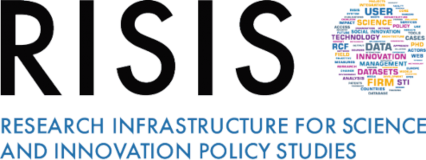Will be available on-line, from autumn 2019, the public version of SIPER (Science and Innovation Policy Evaluation Repository), a rich and unique database of science and innovation policy evaluations worldwide, and one of core dataset of RISIS project.
“We started to work on SIPER within RISIS1, and now we are continuing to work on the next generation of this database. The main goal of this database is to bring together all evaluation reports in the field of Science and Innovation policy, in order to make them accessible for policy-maker and analysts”, said Jakob Edler, director of Fraunhofer ISI and responsible of SIPER database.
Effects and efficiency of science, technology and innovation (STI) policies are typically assessed through a process of evaluation and illustrated in the evaluation reports, so the main objective of SIPER is to identify, collect and characterise evaluation reports, present them to wider stakeholders, and to conduct academic research by analysing these evaluations.
“We collect those evaluation reports, the underlying policy measure of this evaluation reports and then we characterise them following a uniform template, which results in the production of a number of variables each with one, or more associated values”, said Edler.
The principle unit of analysis of SIPER are evaluation reports relating to publicly funded science and innovation support programmes and measures.
Currently the database contains 768 publicly searchable entries mainly covering the years 2000-2017 with a clear focus on the UK and the European Union. In total the database includes reports commissioned by 30 individual states, seven reports originating from international cooperation and 92 EU-commissioned reports. Throughout RISIS 2, the SIPER team will update the database with evaluation reports published since 2017 while enlarging the geographical outreach beyond the current scope.
SIPER has developed a framework to characterise each evaluation report as well as the corresponding policy measure. It has a global ambition but starts with a focus on the Organisation for Economic Co-operation and Development (OECD) member countries and regions.
“I think one further benefit of SIPER in RISIS project is that we use it for direct communication with policy maker, so we use the database in many conferences, mostly in events on evaluation of science and innovation policy. We have also used it to link to innovation policy platform of the OECD” said Edler.
The database consists of two main components: an on-line repository of evaluation reports relating to innovation and science policy instruments and a structured searchable database of information relating to the characterisation of reports and their related content. SIPER thus allows targeted searches and access to specific instruments and evaluation design for policy practitioners to learn from. It enables policy learning and academic research by providing an informed analysis of the database contents which allows users to pursue a range of research questions on evaluation approaches: “SIPER has a huge potential, to reflect not only evidence-based policy making, but also to improve learning within innovation policy systems. My expectation is to cover a broad variety of different policy measures and related evaluation approaches. I also hope that many people make use of SIPER: Not only researchers, but particularly practitioners, ministries and project agencies, could look at this resource to identify suitable policy and evaluation approaches” said Susanne Bührer, Access Manager of SIPER database.
For information on all variables/indicators, use cases and technical information you can download SIPER full report following the link:






